Conclusions of the IMF mission in Romania
The visit of the IMF mission to Bucharest ended with recommendations for the Romanian authorities.

Corina Cristea, 05.10.2023, 14:00
The recently adopted fiscal package is a step in the right direction but further adjustment is need, the International Monetary Fund (IMF) delegation that assessed, until Wednesday, the state of the Romanian economy said in a press release. IMF experts have forecast a 2.3% economic growth for Romania this year and a budget deficit of 6% of the GDP and recommended the Romanian authorities to implement additional reforms accounting for 2% of the GDP. To this end, key measures to be considered are the elimination of remaining exemptions, privileges and loopholes, further VAT streamlining, implementing the reformed property tax and using tax policy to promote the efficient use of energy and, more broadly, foster the transition to a carbon-neutral economy.
According to the international experts, the new tax package improves policy design in some areas. It broadens the tax base and improves revenues by limiting exemptions for workers in the agricultural, construction, food processing and IT sectors, and by limiting the number of goods subject to reduced VAT rates. The new fiscal package will improve public finances in 2024 and beyond by about 1 percent of GDP, resulting in a deficit of just above 5 percent of GDP, in 2024. However, fiscal deficits will need to fall below 3 percent of GDP, as agreed with the European Commission, to stabilize public debt over the medium term, help secure necessary market financing at lower interest rates, and support ongoing disbursement of EU funds. According to the IMF experts, increasing the predictability of expenditure with salaries and pensions is welcome, but the Governments decision to control the price of food products is not the right strategy to lower the prices.
Moreover, the head of the IMF mission, Jan Kees Martijn, warned that it could be challenging to implement fiscal consolidation and the next steps under the National Recovery and Resilience Plan (NRRP) during a year with multiple elections such as 2024. He also said that additional taxes for banks put increase the burden on companies and could impact their financial results.
Among the measures recommended by the IMF mission, is also improvement in administration and a good planning of fiscal policy, which should be communicated in a clear manner, so as to offer predictability to both companies and the population. Also needed is, according to the international experts, new investment and budget allocations to education and healthcare, to bring them to EU level.
On their last day in Bucharest, the IMF experts met with the Romanian PM Marcel Ciolacu. He said the IMF recommendations, which are similar to those of the World Bank and the European Commission are already taken into account. At present, the Government focuses on reducing budget spending and fighting tax evasion and the bill for which it took responsibility in Parliament creates the general framework for the fiscal reform the Government wants to conduct. Marcel Ciolacu estimates that Romania will have one of the biggest economic growth rates in the EU this year and that the measures taken will help the country overcome the difficult situation experienced lately. (EE)






























